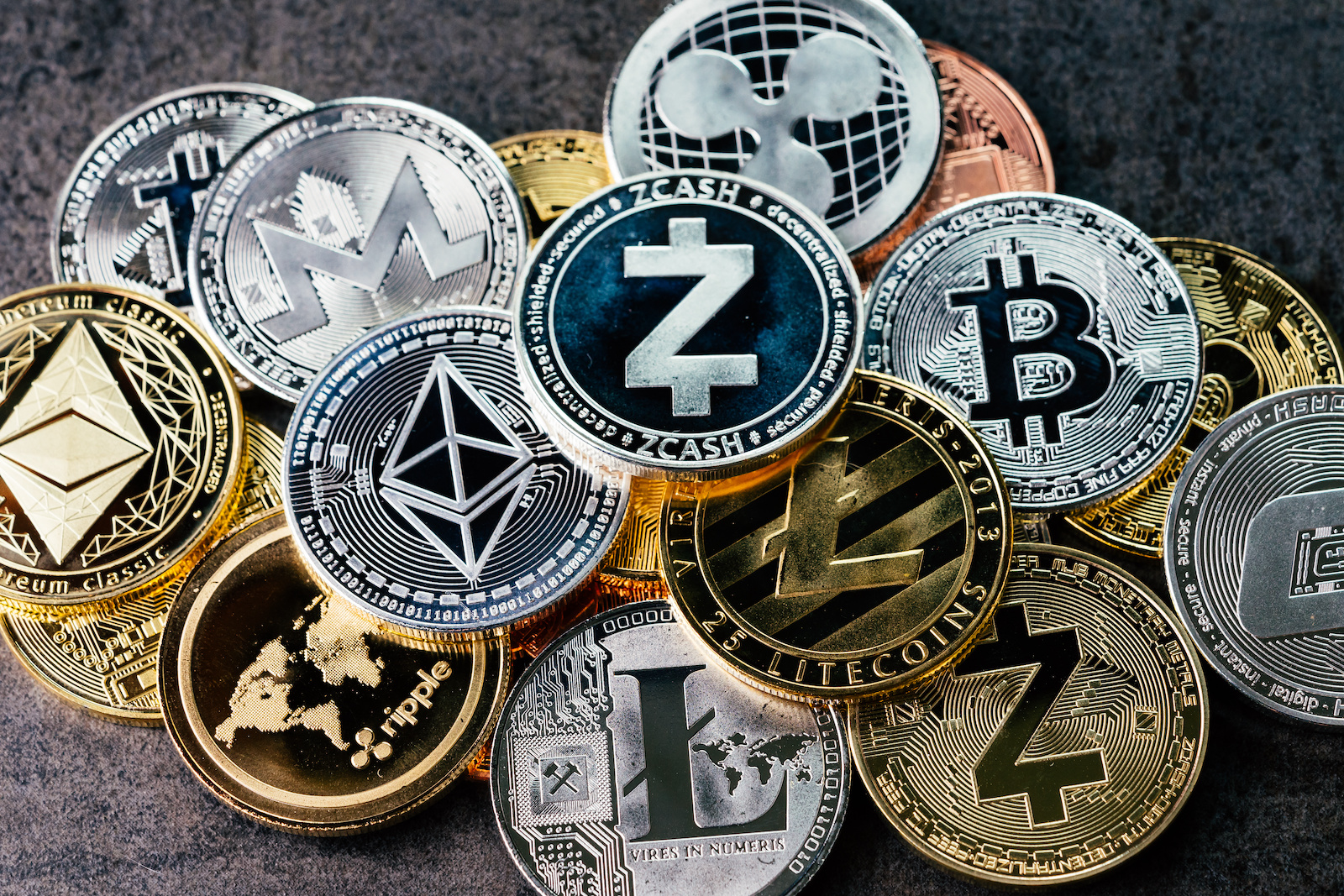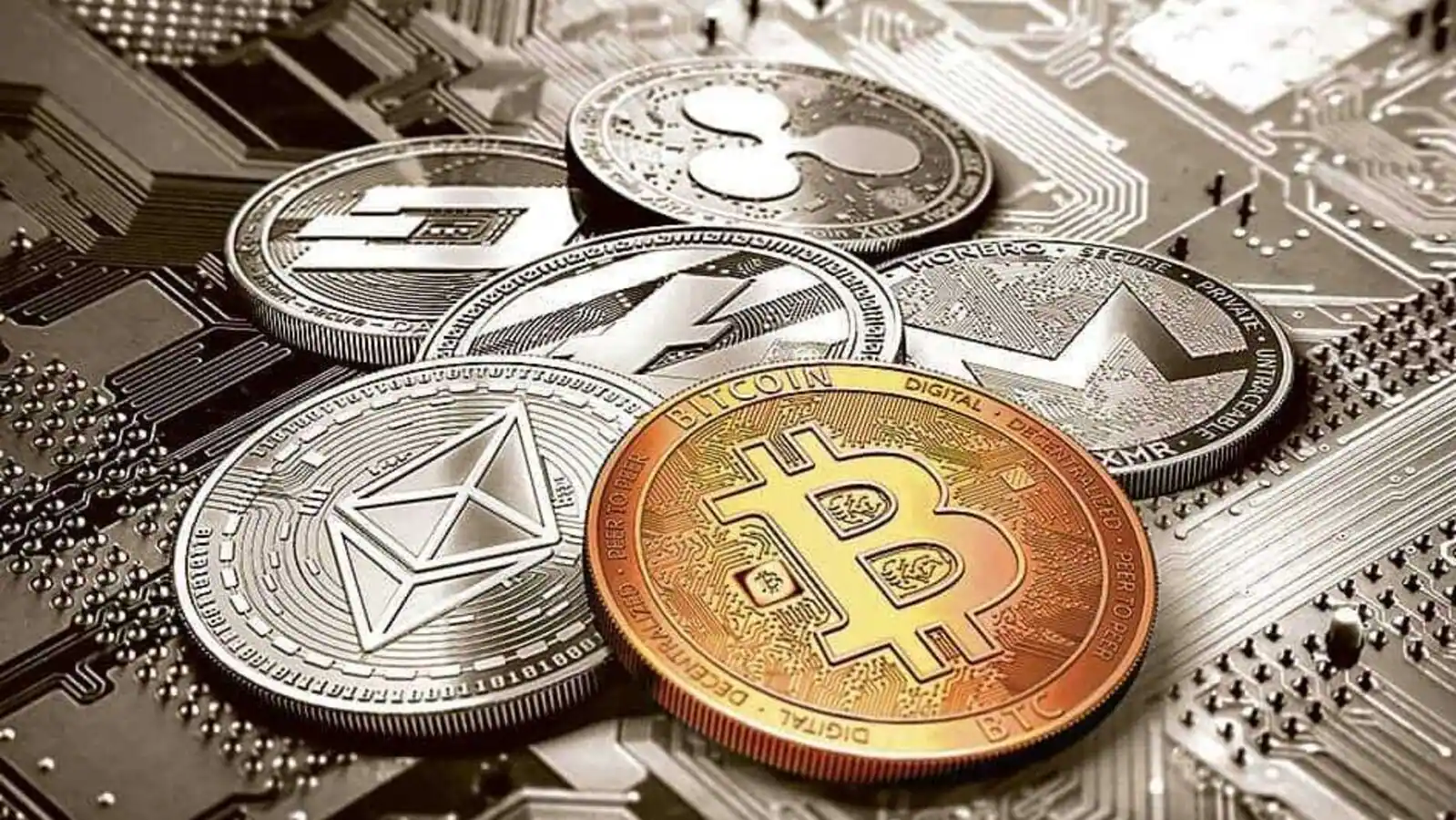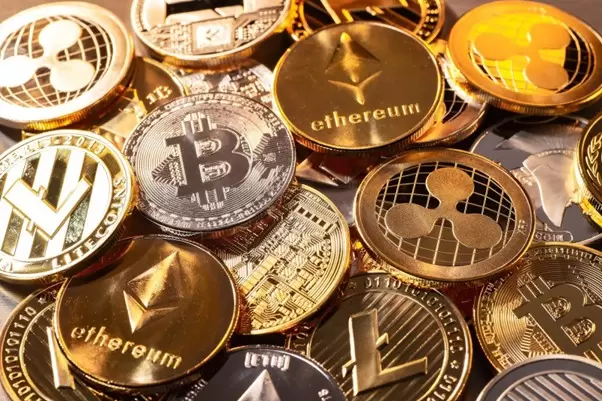Crypto | Diving into the annals of cryptocurrency and Bitcoin reveals a sobering reality – entrusting your digital assets to an exchange is a high-stakes gamble. Since the advent of Bitcoin in 2011, the crypto-sphere has witnessed a staggering $1.65 billion vanishing into thin air due to theft, and this number is steadily climbing.
The Escalating Crypto Exchange Risk

When it comes to safeguarding your cryptocurrency for an extended duration, storing it within an exchange wallet becomes an increasingly perilous proposition.
Unveiling the Vulnerabilities
- Cryptocurrency Heists: Since 2011, crypto exchanges have hemorrhaged a jaw-dropping $12.6 billion (adjusted for inflation) to malicious actors, as per Hackernoon’s grim statistics. This staggering figure underscores the vulnerability of these platforms to relentless cybercriminals.
- Internal Hazards: Beyond external threats, internal mismanagement within exchanges poses a substantial risk. The infamous QuadrigaCX debacle, where the owner’s demise led to the loss of $190 million in user funds due to inaccessible private keys, serves as a stark reminder. Similarly, the Mt. Gox exchange’s founders remained oblivious to a prolonged two-year hacking saga that siphoned off 650,000 BTC.
Why Exchanges Are a Hacker’s Paradise
Cryptocurrency exchanges emerge as tantalizing targets for hackers due to their vast stores of digital wealth, often surpassing the riches found in traditional bank vaults. These platforms represent the proverbial pot of gold at the end of the rainbow, albeit guarded by advanced security measures. Consequently, exchanges remain highly susceptible to sophisticated cyber attacks.
Crypto – Compelling Data Points

- Daily Losses: On average, exchanges hemorrhage $2.7 million daily, and this figure is predicted to soar in the future.
- Evolving Hacking Tactics: Hacking attempts continue to evolve, becoming increasingly intricate. As hacking proves to be a highly lucrative endeavor, cybercriminals dedicate ever more time and effort to devising ingenious schemes.
- Not Cybersecurity Specialists: Exchanges primarily function as financial marketplaces, not cybersecurity firms. Their track record reveals an inability to ensure top-tier security.
In the words of the Moscow-based cybersecurity firm Group-IB, “In 2019, cryptocurrency exchanges will be a new target for the most aggressive hacker groups usually attacking banks. The number of targeted attacks on crypto exchanges will rise.”
However, there are instances where utilizing an exchange becomes inevitable. In such cases, it’s crucial to opt for a reputable, secure service rather than risking your assets on an obscure or unreliable platform.
Identifying a Trustworthy Exchange

While there’s no foolproof method to eliminate the risk of falling victim to a high-profile hack, choosing a reputable and highly secure exchange can significantly reduce your exposure. The best platforms are transparent about their security measures and offer a variety of tools to fortify your account. Here are key security practices to consider when selecting an exchange:
- HTTPS: Secure exchanges possess valid HTTPS certificates, denoted by a lock symbol in your browser’s address bar. HTTPS encryption safeguards the data you transmit to the server, rendering it resistant to interception or tampering.
- Robust Passwords: Reputable exchanges enforce stringent password requirements, necessitating a combination of uppercase letters, lowercase letters, symbols, and numbers to thwart brute force attacks.
- Two-Factor Authentication (2FA): Employing 2FA is paramount. Most exchanges offer multiple 2FA options, including software, SMS, and hardware devices. SMS authentication is the weakest form, as hackers can compromise your phone number. Opt for more secure alternatives like Google Authenticator.
- Cold Storage: Examine whether the exchange utilizes cold storage to secure user funds. Offline storage is far more resistant to theft compared to hot wallets.
- IP Whitelisting & Withdrawal Addresses: Check if you can whitelist specific IP addresses for account access. This blocks logins from unauthorized locations. Some exchanges also permit whitelisting withdrawal addresses, ensuring funds can only be sent to pre-approved destinations.
- Additional Precautions: Many exchanges implement various security features, such as multi-signature authentication, alerts for suspicious activity, email encryption, and phishing protection. These supplementary measures enhance the safety of exchanges as temporary storage solutions for your cryptocurrencies.
- Funds Insurance: While cryptocurrencies lack comprehensive regulation, select exchanges voluntarily insure their funds against theft. However, these policies typically apply to the exchange as a whole rather than individual accounts. Coinbase, Coinbase Pro, Circle, Gemini, and Xapo are notable platforms with such insurance coverage.
2021’s Fortresses of Security

Curious about the safest cryptocurrency exchanges in 2021? According to Icorating’s Exchange Security Report, the top secure platforms include:
- Kraken (Security Grade – A)
- Cobinhood (A)
- Poloniex (A-)
- BitMEX (A-)
- Bitfinex (A-)
- Bitlish (A-)
- BitMart (A-)
- BtcTurk (A-)
- Coinbase Pro (A-)
- GOPAX (A-)
- HitBTC (A-)
- KuCoin (A-)
Selecting a secure exchange is an essential step in safeguarding your cryptocurrency investments amidst an increasingly hostile digital landscape.



